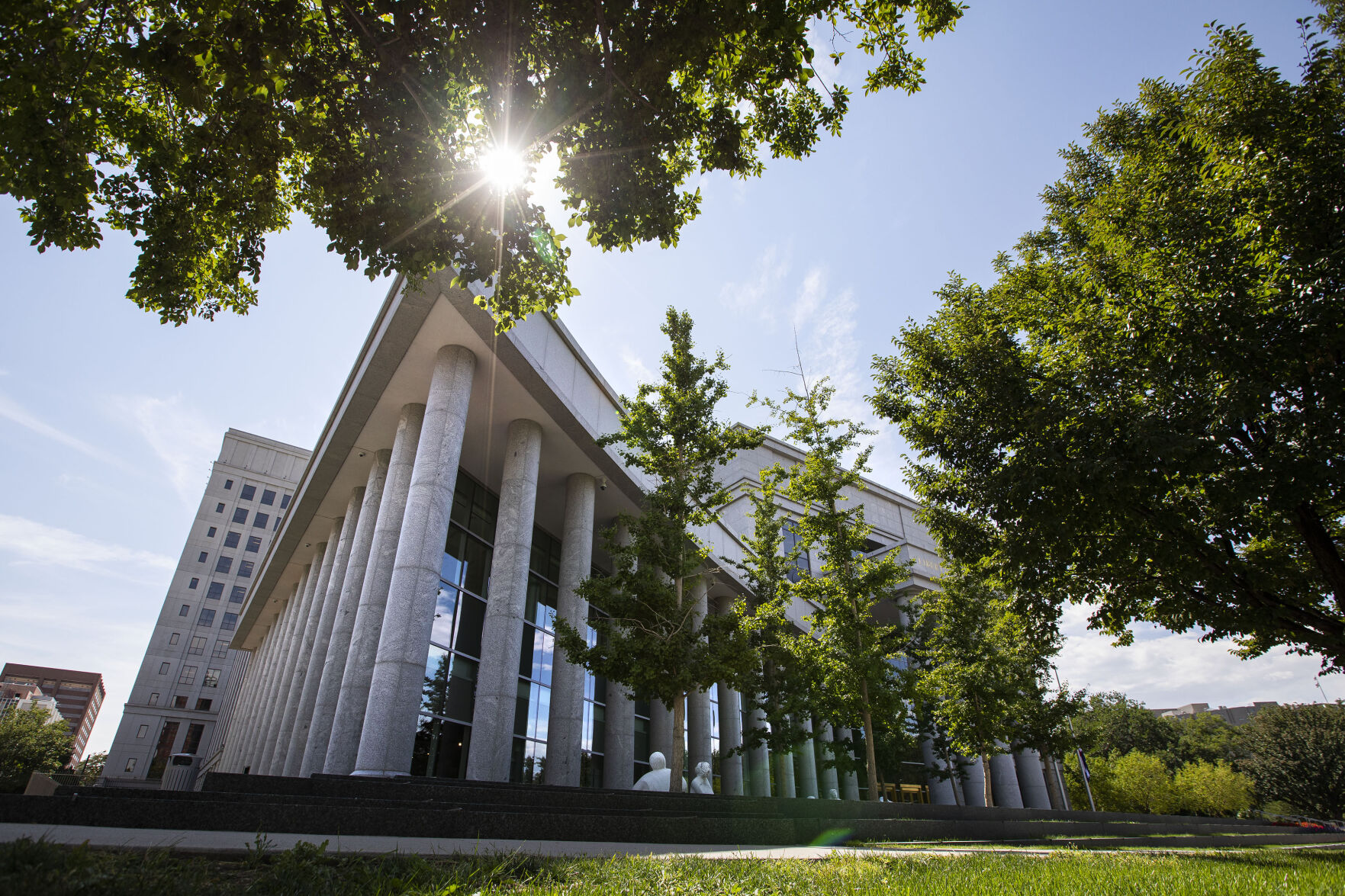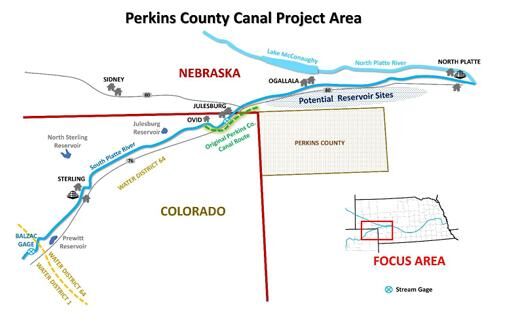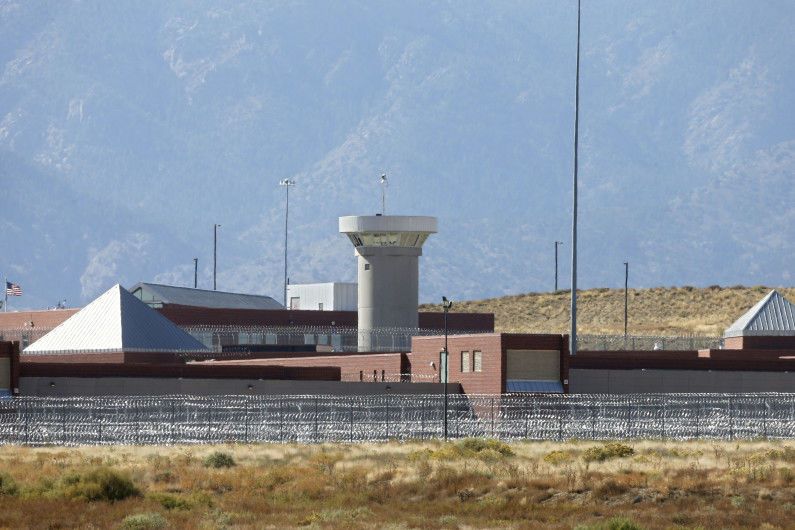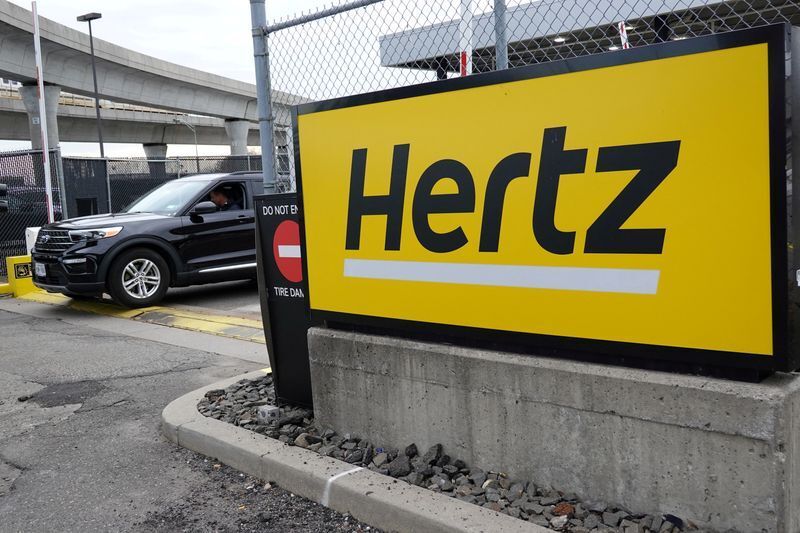Colorado appeals court warns trial judges to be clear about extending restitution deadline

Colorado’s second-highest court on Thursday warned trial judges to be explicit about extending the legal deadline for ordering criminal defendants to pay restitution to their victims, distancing itself from a recent decision that suggested clear findings were sometimes unnecessary.
The Court of Appeals has repeatedly found fault with judges’ restitution orders since the Colorado Supreme Court ruled in late 2021 that the historical method of requesting and awarding compensation to crime victims did not comply with state law.
In Colorado, when a convicted defendant is required to pay restitution, prosecutors typically must provide the requested amount as soon as possible or within 91 days of sentencing. Similarly, judges generally must impose the restitution amount within 91 days of sentencing. If judges need to extend their deadline to rule, they must find “good cause” exists.
In People v. Weeks, which the Supreme Court decided in November 2021, the justices noted a lackadaisical approach had developed in the trial courts that failed to adhere to the clear deadlines and requirements in the law.
“(B)ased on the plain and ordinary meaning of the words and phrases,” Justice Carlos A. Samour Jr. clarified in the court’s opinion, “any finding of good cause must be made expressly and before the court’s deadline expires.”
In the Weld County case of Jessica Jo Roberson, that did not happen.
Case: People v. Roberson
Decided: July 20, 2023
Jurisdiction: Weld County
Ruling: 3-0
Judges: Jaclyn Casey Brown (author)
Anthony J. Navarro
David H. Yun
Background: State Supreme Court warns trial courts against exceeding restitution deadline
Roberson pleaded guilty to stealing from her employer and Chief Judge Julie Hoskins sentenced her on June 25, 2020. Although the Supreme Court would not decide Weeks for more than a year, the Court of Appeals issued its own ruling in the Weeks case three months prior to Hoskins’ sentencing – putting judges on notice that they needed to find good cause within the 91-day deadline.
The prosecution quickly proposed its restitution amount of $62,241. In mid-August, Hoskins held a conference with Roberson and the government, where the defense requested more information. Hoskins continued to set more hearings, crossing over the 91-day threshold, as the prosecution revised its restitution request.
In September 2021, 446 days after Roberson’s sentencing, the defense argued Hoskins lacked the authority to order restitution at all.
“The Court can find, and does find, good cause to not have entered the order for restitution based on the objection and the necessity of setting it for a hearing,” Hoskins responded.
She ultimately ordered Roberson to pay close to $60,000 to her victim.
After Roberson appealed, the government argued that she had acquiesced to holding restitution hearings outside of the 91-day deadline, thus contributing to the late-ordered restitution. But a three-judge panel of the Court of Appeals saw things differently.
“Defense counsel requested more information from the prosecution but did not request more time or ask that the court set a hearing beyond the statutory deadline,” wrote Judge Jaclyn Casey Brown in the panel’s July 20 opinion.
She threaded the needle between two other recent decisions out of the appellate court. In early June, a panel decided a defendant had relinquished his right to challenge a restitution order because he specifically asked for a hearing outside the 91-day window. In late May, a different panel determined that a judge’s standard procedure of extending the timeline if a defendant objects amounted to good cause.
However, Brown indicated the panel analyzing Roberson’s case expected more formality when a trial judge decides good cause exists for an extension.
While a defendant’s objection to a restitution amount may supply good cause, she wrote, “to the extent … that simply setting a defendant’s objection deadline or a hearing on restitution beyond ninety-one days, by itself, constitutes an express good cause finding, we do not agree.”
Because Hoskins did not find good cause within the 91-day deadline to prolong her determination of restitution, the panel overturned the order. Last week, a different Court of Appeals panel found Hoskins also improperly exceeded the deadline for a defendant convicted of attempted murder and vacated her restitution order in that case.
The case is People v. Roberson.













